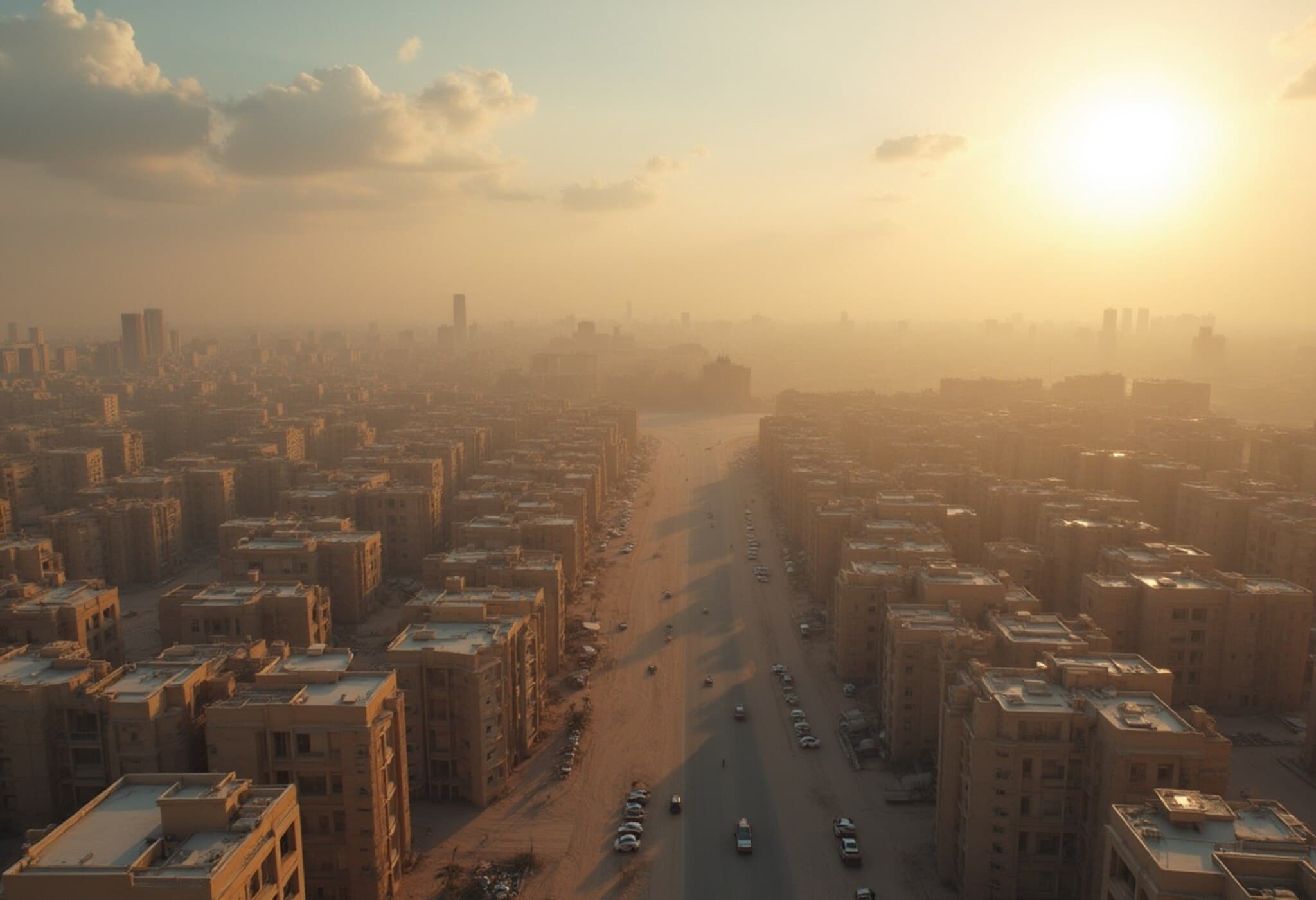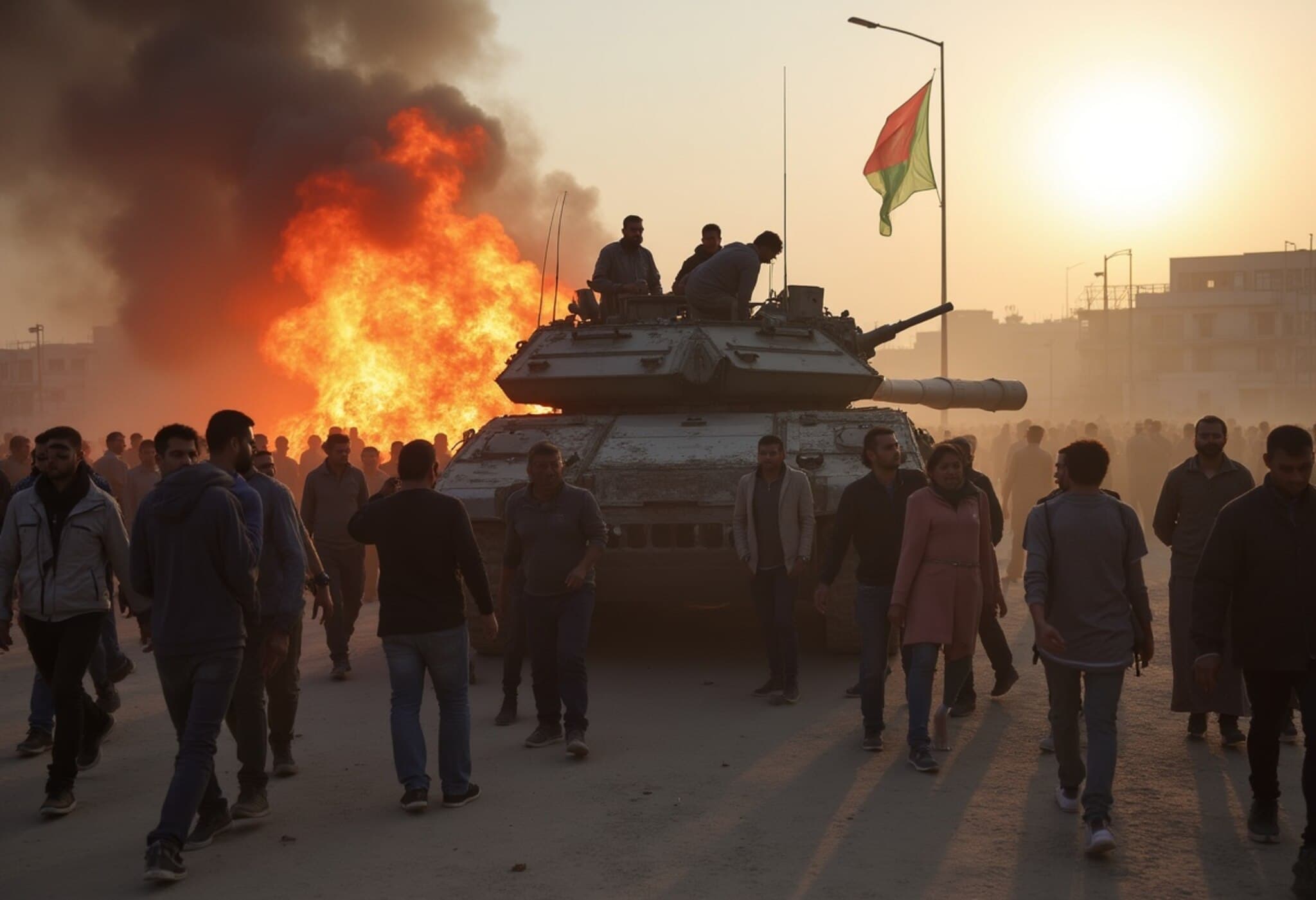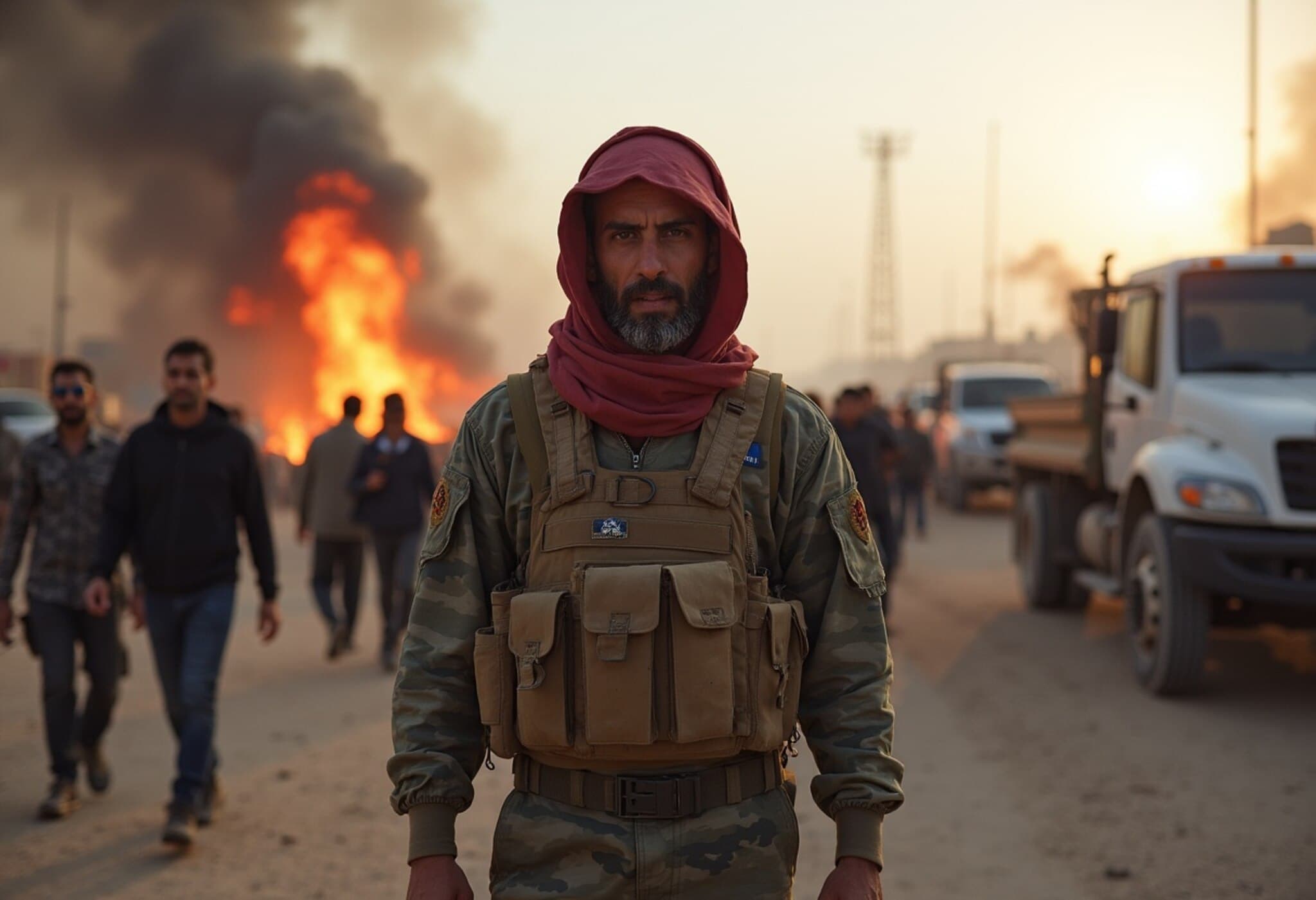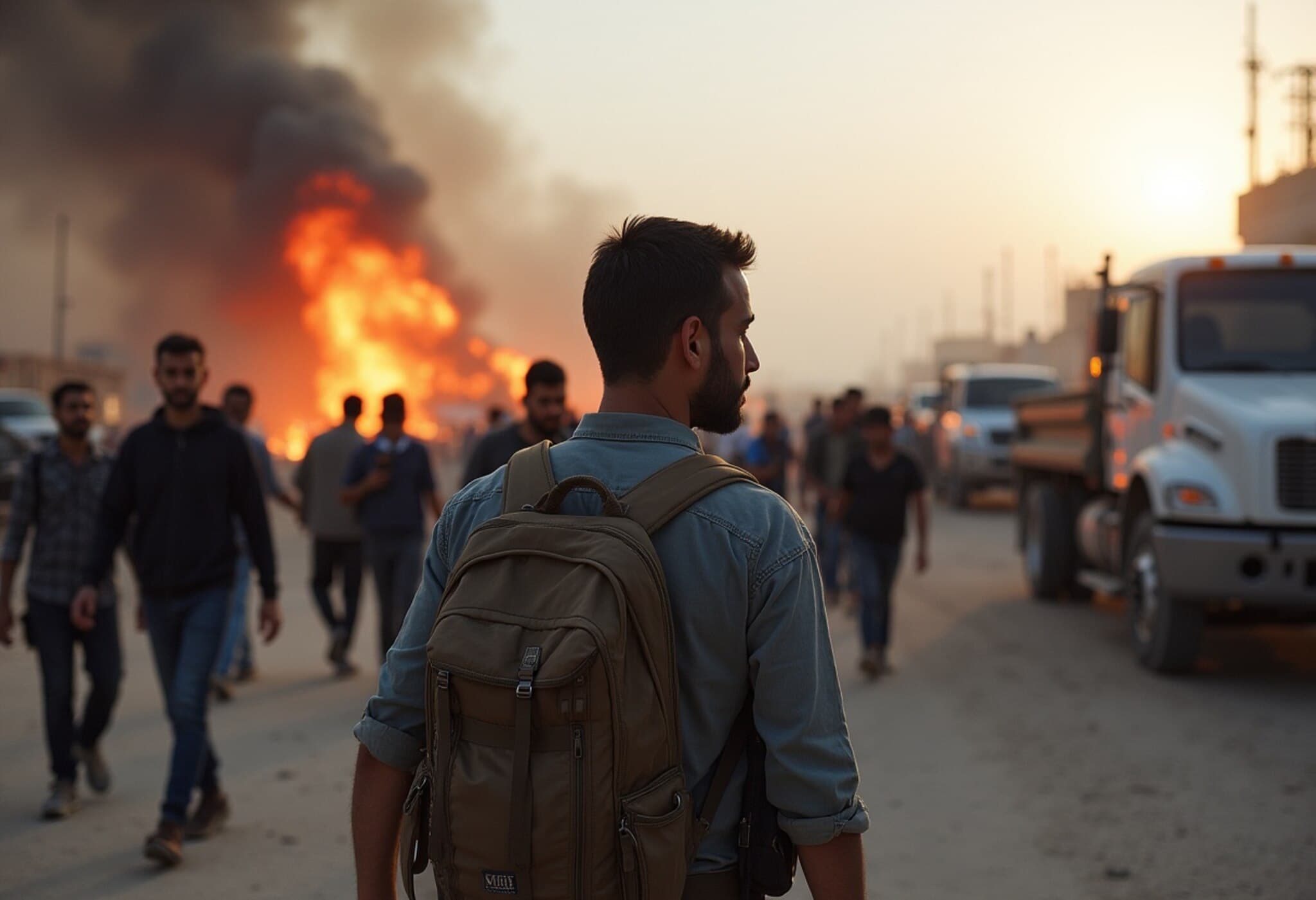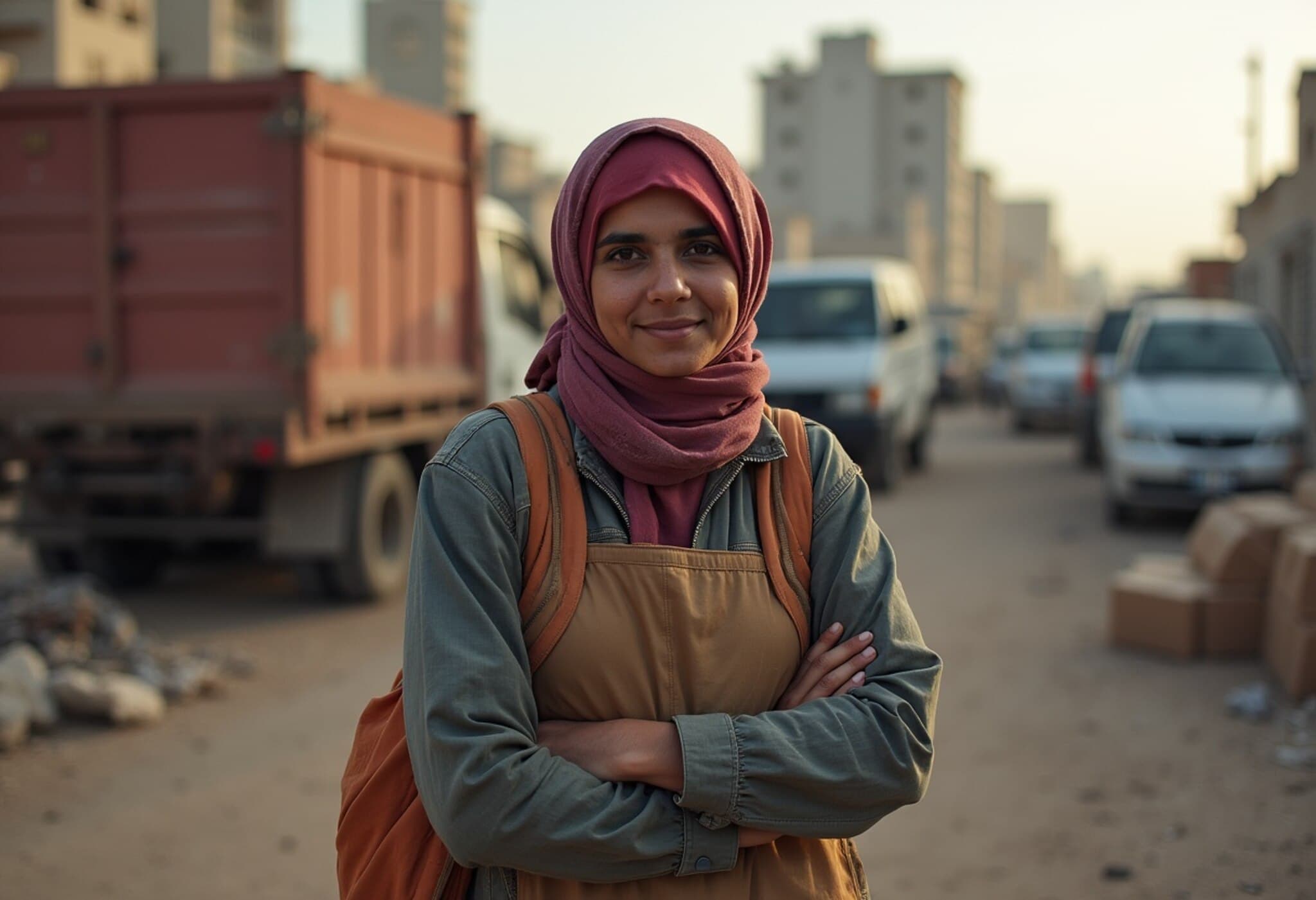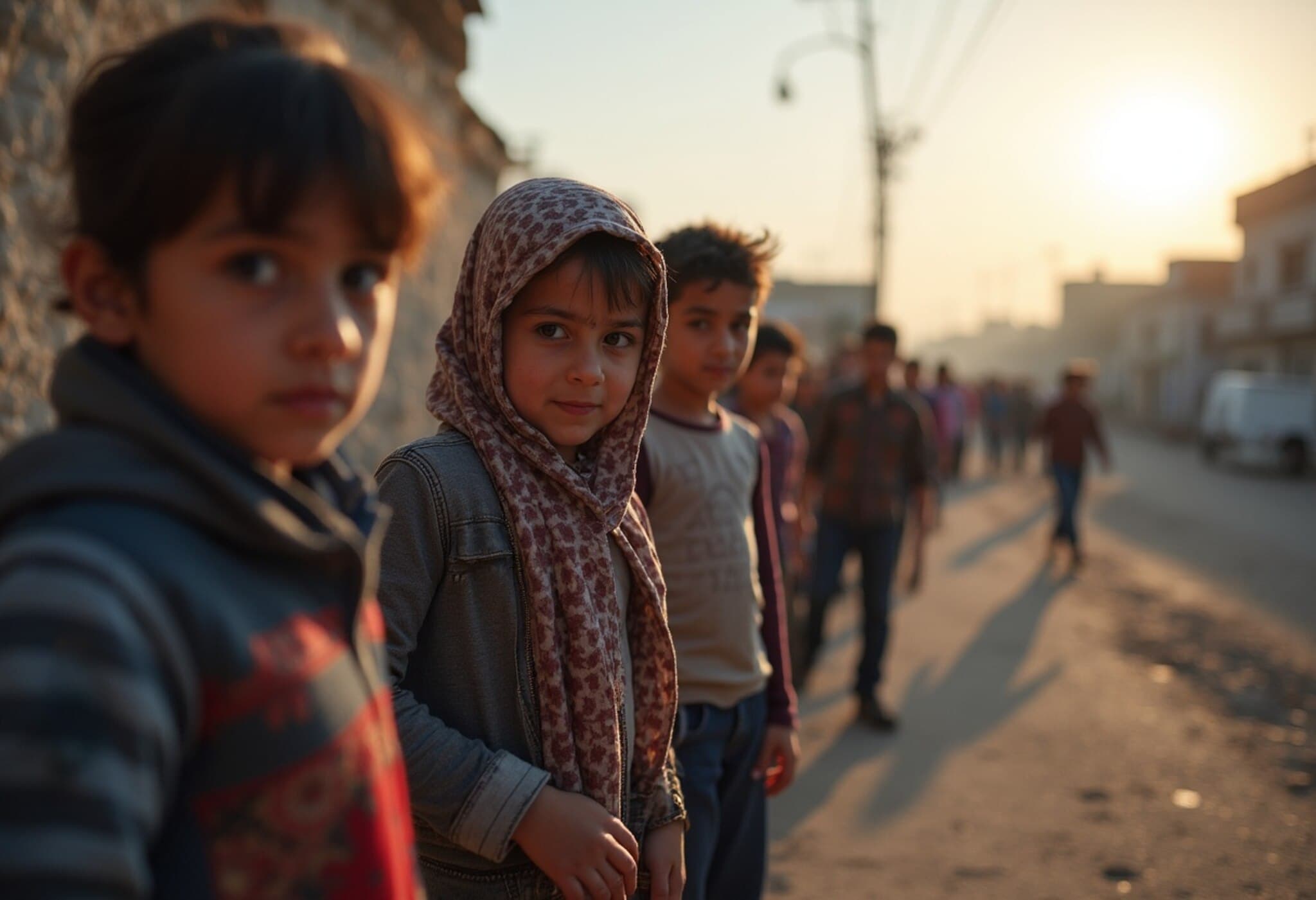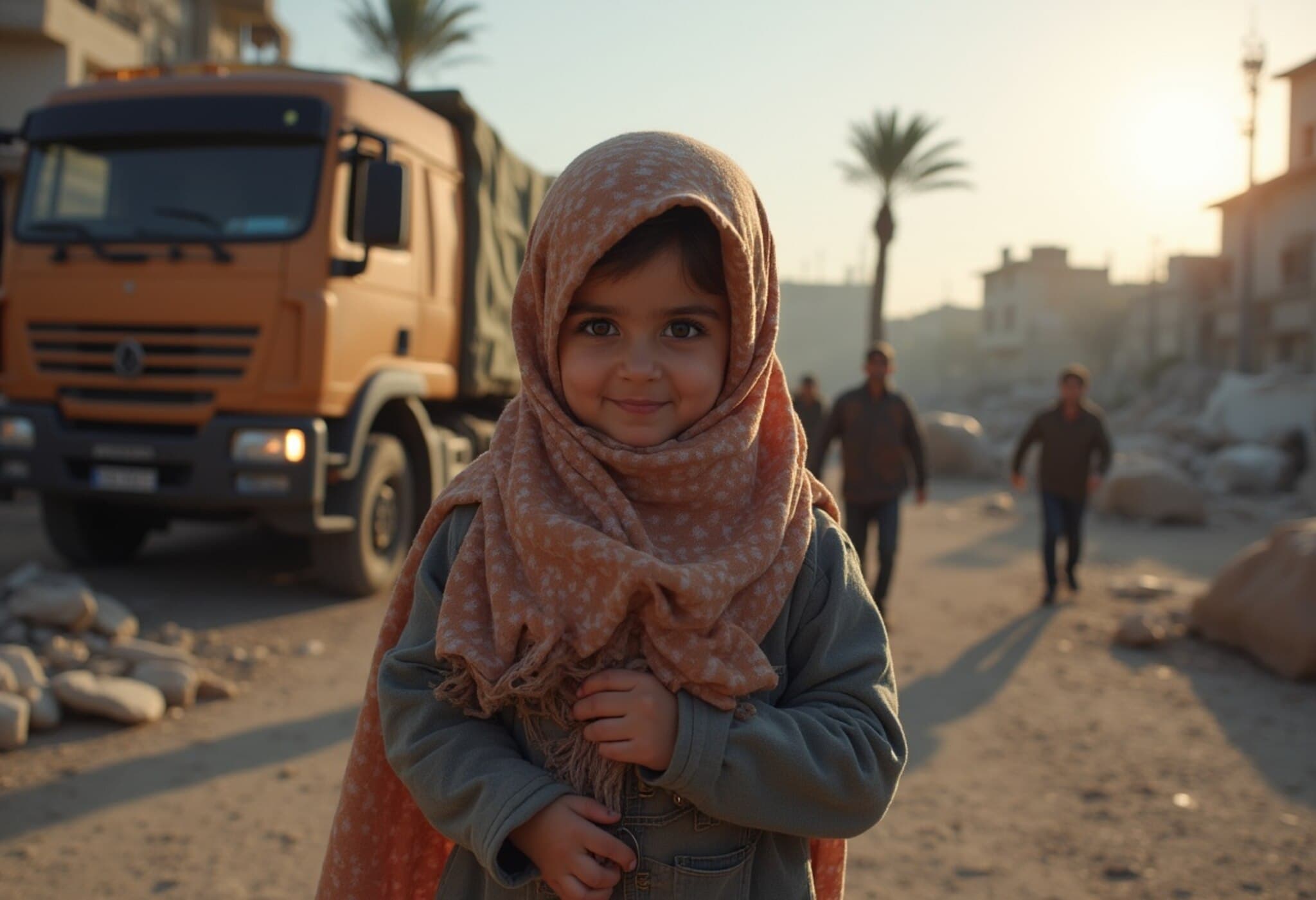Israel Unveils Controversial Plan for a 'Humanitarian City' in Rafah
In a move stirring global debate, Israeli Defence Minister Israel Katz has directed the military to draft plans for constructing a large-scale "humanitarian city" in Rafah, southern Gaza. This initiative aims to consolidate the region’s forcibly displaced Palestinian population in a single zone, potentially housing over 2 million people.
Background and Immediate Goal
The plan intends to initially accommodate approximately 600,000 Palestinians who were uprooted from their homes and fled towards the Al-Mawasi area, located along Gaza’s southern coastline. This mass relocation follows intense Israeli military operations that devastated Rafah, leaving thousands displaced amid ongoing conflict.
Security Measures and Oversight
According to Israeli officials, rigorous screening procedures will vet all entrants to this humanitarian city to prevent Hamas members from settling there. Mr. Katz emphasized that while international organizations would manage daily operations within the zone, the Israel Defense Forces (IDF) would provide distant security oversight, thereby limiting direct military presence inside. This security framework reportedly draws from the existing Gaza Humanitarian Foundation model, supported by the US and Israeli governments.
Political Backing and International Coordination
The proposal has garnered explicit support from Prime Minister Benjamin Netanyahu and key government figures. During recent talks at the White House, Katz highlighted collaboration with the United States to identify welcoming nations willing to offer Gazans opportunities for resettlement — a concept reminiscent of earlier US-led initiatives under the Trump administration aimed at encouraging Palestinian emigration.
Global and Regional Reactions
The plan has sparked heated controversy worldwide. Human rights advocates and international observers have sharply condemned the mass displacement, framing it as a form of forced population transfer and potential ethnic cleansing. British Foreign Secretary David Lammy expressed surprise, noting: "These statements run contrary to the ceasefire prospects we had hoped for."
Meanwhile, Hamas issued a resolute rejection, vowing resilience against what they characterize as an aggressive attempt to uproot the Palestinian people: "Our people have stood firm in the face of killing, hunger, and bombardment, rejecting any future dictated from intelligence headquarters or political bargaining tables."
Implications: Humanitarian and Legal Concerns
From a humanitarian perspective, concentrating millions into a confined area raises profound questions about living conditions, access to services, and long-term stability. International law experts caution against forced displacement practices that may contravene fundamental human rights and could exacerbate regional hostilities.
Moreover, the strategy to prevent residents from leaving the zone signals a form of containment reminiscent of historical precedents that carried lasting social and psychological impacts on displaced communities.
Expert Analysis: A Complex Balancing Act
Policy analysts suggest that Israel’s plan reflects a complex balancing of security concerns, political strategy, and international diplomatic pressures. While security screening aims to safeguard against militant infiltration, critics argue that confining civilians en masse infringes on their freedom and dignity.
Furthermore, the envisioned international management of the zone could serve as a litmus test for multilateral cooperation in one of the most protracted and intricate conflicts of this century.
Looking Ahead
The humanitarian city proposal embodies deep tensions between security imperatives and humanitarian obligations. As plans progress, the international community faces pressing questions:
- Can the initiative genuinely provide a safe and dignified refuge, or will it entrench a new form of displacement?
- What role will international actors play in overseeing and supporting residents’ rights within this zone?
- Could this plan alter the trajectory of the Israeli-Palestinian conflict in meaningful ways?
Editor's Note
This proposal to create a "humanitarian city" in Rafah highlights the urgent need to balance immediate security concerns with long-term humanitarian consequences. While it promises shelter for millions displaced, the restrictions on movement and the broader geopolitical implications raise fundamental ethical and legal questions. As observers and stakeholders worldwide, staying informed and critically engaged with such developments is essential to advocating for solutions that uphold human dignity and peace.

